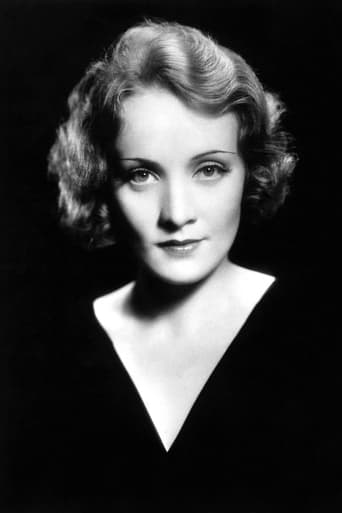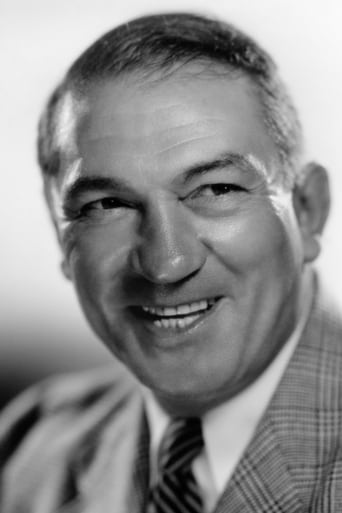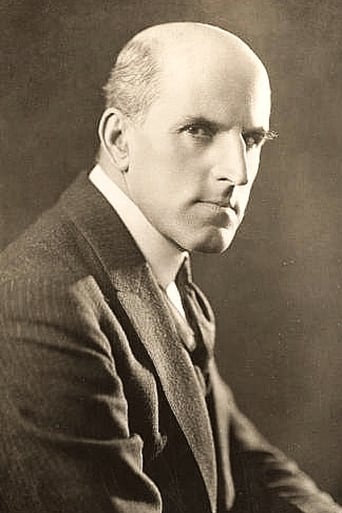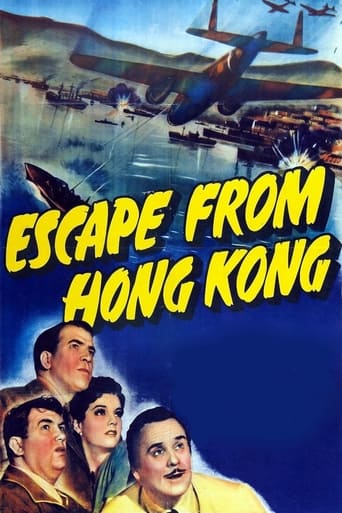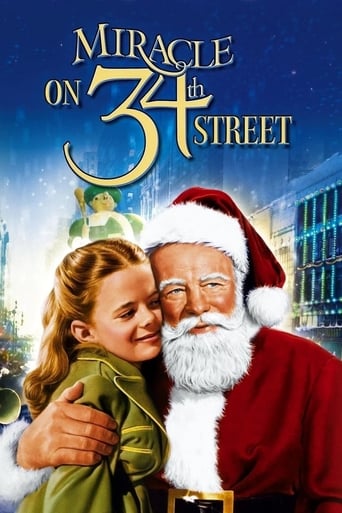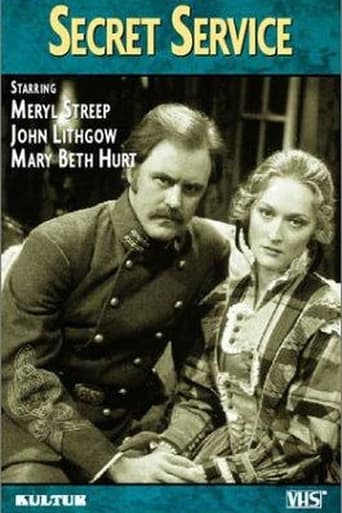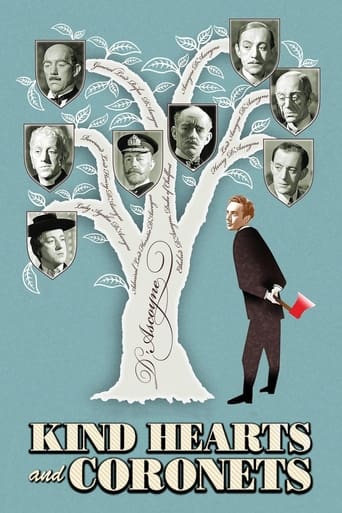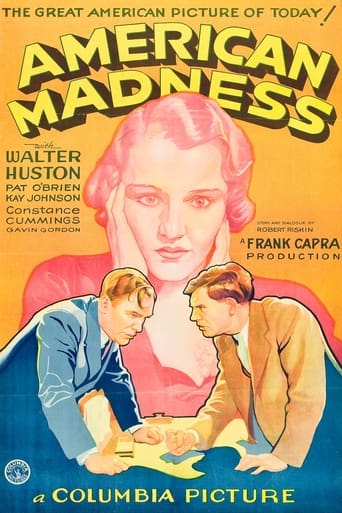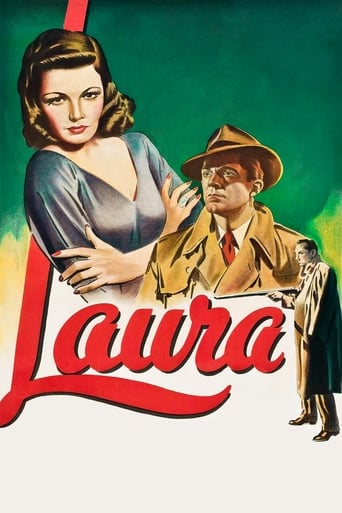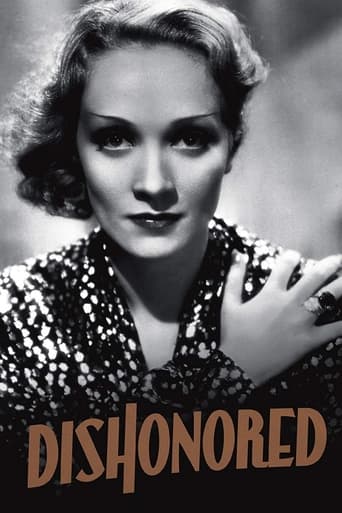
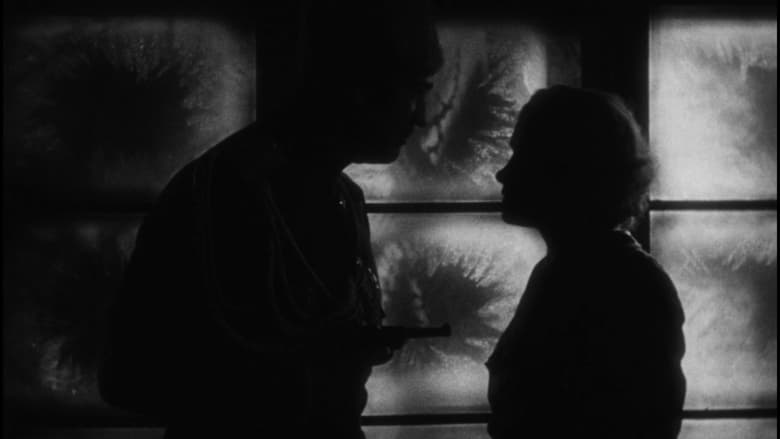
Dishonored (1931)
The Austrian Secret Service sends its most seductive agent to spy on the Russians.
Watch Trailer
Cast
Similar titles
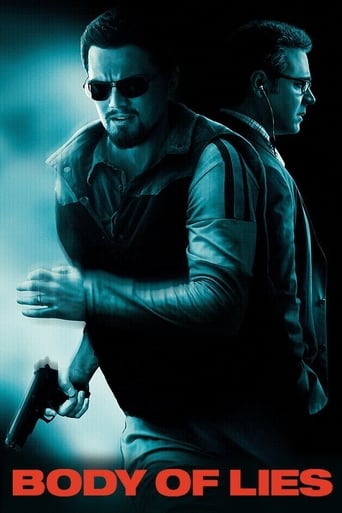
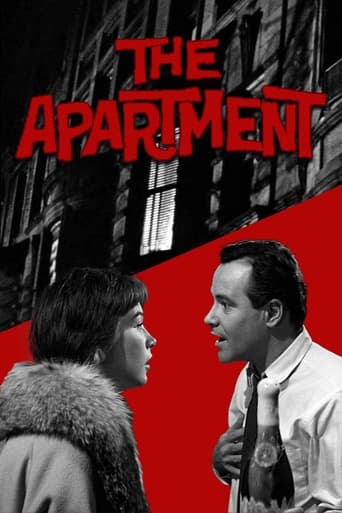
Reviews
Powerful
The acting in this movie is really good.
The movie's neither hopeful in contrived ways, nor hopeless in different contrived ways. Somehow it manages to be wonderful
The movie turns out to be a little better than the average. Starting from a romantic formula often seen in the cinema, it ends in the most predictable (and somewhat bland) way.
The way to enjoy this film is to ignore McLaglen, an otherwise fine actor. His perpetual clenched-jaw grin is beyond odd, and yet I assume he's obeying Von Sternberg's orders to play agent X-27s love interest in this repellent manner. No matter. The love story, the plot, are irrelevant. Dietrich is the reason this film is mesmerizing.As expected, there are fabulous costumes that only Dietrich can wear and look enchanting. And lots of cigarettes being smoked in those glittery costumes. And that soft voice making the word 'No' seductive. Dietrich doesn't move in a straight line, rather she sways and spins from point A to point B. Then in a surprising change of pace, she plays a peasant girl working as a hotel maid stealing military secrets from Lew Cody. How fortunate we are, 85 years later, to be able to watch this film - again and again - on DVD.
one of old fashion films who, using the story only as pretext, gives magnificent cinematography. a war story, remembering Mata Hari biography, it is the scene for brilliant, fascinating, ambiguous, charming performance of Marlene Dietrich. not a real surprise. only delight. because each word, each gesture, each dialogue becomes a Persian carpet of details. the clothes, the music, the piano, the cat, the attitude of a woman who covers her patriotic feelings in a refined form of hedonism, her forbidden love story who has the only sin to not give to her the right partner to be easily credible, the last scene who gives to death new nuances are the ingredients of great example of high cinematography. and that does Dishonored memorable.
To begin with, this was another Marlene Dietrich production to rival a Greta Garbo vehicle – namely the same year's MATA HARI (which I own as an original DVD, through Warners, but have yet to check out). It is actually the most overlooked of the 7 collaborations between star and director; even so, German 'enfant terrible' film-maker Rainer Werner Fassbinder once named it one of his all-time Top 10 films! The reasons for this neglect being its inherently archaic quality (the film seems to belong to the Silent era as, indeed, the plot – ironically, supplied by Sternberg himself! – lacks substance and, even more so, credibility: we are told that Dietrich could have been WWI's greatest spy but she only handles two assignments before being captured, her risking life and honor – hence the title – for the sake of uncouth enemy agent and co-star Victor McLaglen and, just as incongruously, an obviously infatuated young officer is shown flipping at her execution!) and cornball tone (Austrian Dietrich disguised as a naïve Russian cleaning lady and cringe-inducingly meowing like a cat in order to flirt with her 'targets', not to mention having McLaglen irritatingly sport a constant grin throughout!). The film does look forward to subsequent (and superior) entries in the 'series': Dietrich would be re-united with both Warner Oland and Gustav von Seyffertitz in her very next venture with Sternberg, SHANGHAI EXPRESS (1932), while the carnival scenes early on (in which McLaglen feigns to be a cripple!) would be reprised in their last effort, THE DEVIL IS A WOMAN (1935)! Dietrich is literally picked off the streets by Seyffertitz, but he is immediately impressed with her when, offering the protagonist the opportunity of spying against her fatherland, she asks to be excused and summarily fetches the Police! Oland's womanizing weakness (actually an Austrian traitor in cahoots with Russian McLaglen) naturally makes her the ideal choice to expose him: when she does, he congratulates her and, in a nice reversal of the above-mentioned scene with Dietrich's superior, absents himself to commit suicide! Next, she goes after Oland's contact but, having fled back behind his own lines, Dietrich follows in pursuit: they engage in a game of cat-and-mouse but their mutual attraction holds them at bay; when McLaglen is eventually captured, she asks that the two be left alone, ostensibly for questioning but he is given a chance to escape instead! Tried and condemned to death by firing squad, Dietrich bravely faces her destiny: surprisingly, the actual shooting is not flinched upon (no loving final close-up for the star here!), the camera resting on a dejected Seyffertitz passing by the country's insignia embedded in the walls as he walks out of the barracks, his shadow hanging tall over the scenery.Exquisitely lensed by Lee Garmes, it is mainly in moments such as this that the film really comes to life; with this in mind, while it may not hang together dramatically nowadays, DISHONORED shows off the director's uniquely pictorial sense, as well as moulding the mythic Dietrich image of a mystery woman who could turn men's heads with her alluring beauty but is herself driven by love above all else...
Sternberg here doesn't even bother to hide his "not giving a flying f... about story and characters" attitude, it's almost admirable, really. There are plot gaps throughout the film that the viewer is just supposed to accept. Characters have no past and not more than one goal + one desire. For most characters the desire comes in the shape of Marlene's character and indulging in that desire certainly never benefits their reaching of the goal. What's stronger, their desire or their discipline when it comes to reaching their goal? Well, this changes from scene to scene and from character to character.Sternberg fails miserably in making an unengaging film, he engages through style. His films shouldn't be exciting but I find them to be just that. The sets here are a lot less imposing than they are in 'Shanghai Express' and in 'The Scarlet Empress' and the light and shadow play isn't nearly as prevalent. But just as in those movies the frame is pretty narrow and he instead crams those frames with a lot of detail. Somehow he can show a person standing in front of just a few meters of wall for the entirety of the scene and make the viewer visualize the rest of the location which no doubt does exist and surely is magnificent if only the cinematographer would choose to zoom out, just that he never does.Marlene has a scene in which the glamorous Austrian hooker transforms into a simple-minded Russian lower class cleaning woman in which not only her appearance but also her whole being changes drastically, it's quite impressive. And has any filmmaker ever used this many superimpositions? He knew how to use them, too, superimpositions being an essential part of his storytelling.
